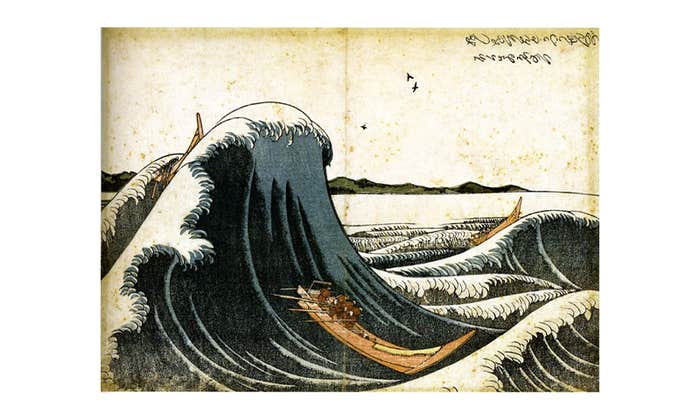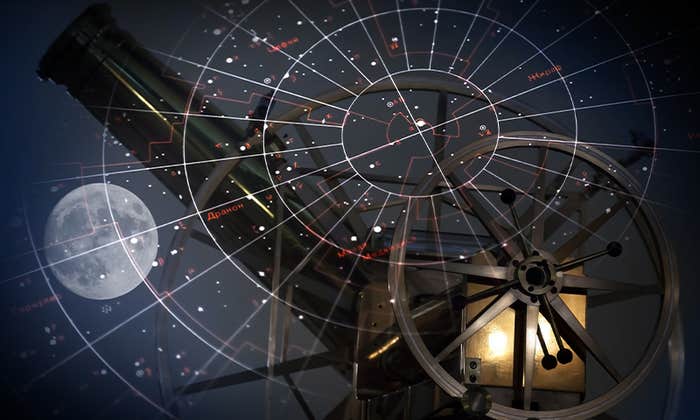Last week, researchers using the Planck spacecraft to study the skies announced that the polarization of light spotted by the BICEP2 experiment could be entirely explained by dust swirling around the Milky Way. This news was a bucket of cold water on the theories of many cosmologists: It meant that BICEP2 might not have been detecting gravitational waves, which were interpreted as being proof of cosmic inflation, the long-held theory that parts of the Universe began growing astonishingly fast very soon after the Big Bang. (Read Maggie McKee’s excellent, more detailed summary of the news.)
But for Paul Steinhardt, the lack of evidence for gravitational waves was good news. Steinhardt advances an alternate theory of cosmology, doing away with inflation in favor of slower expansion of the Universe. This more gentle growth would not produce strong gravitational waves, so the lack of evidence for them means his theory is still a candidate to explain the cosmos.
Steinhardt is also, appropriately, the Nautilus Ingenious for this month. Here is a key part of McKee’s interview with him, where he describes why the Big Bang may have been a transition from a previous phase rather than an absolute beginning. You can see the entire interview and transcript here.

Maggie McKee is a freelance science writer focusing mainly on astronomy and physics. Previously an editor at New Scientist and Astronomy, she lives near Boston with her husband.






























